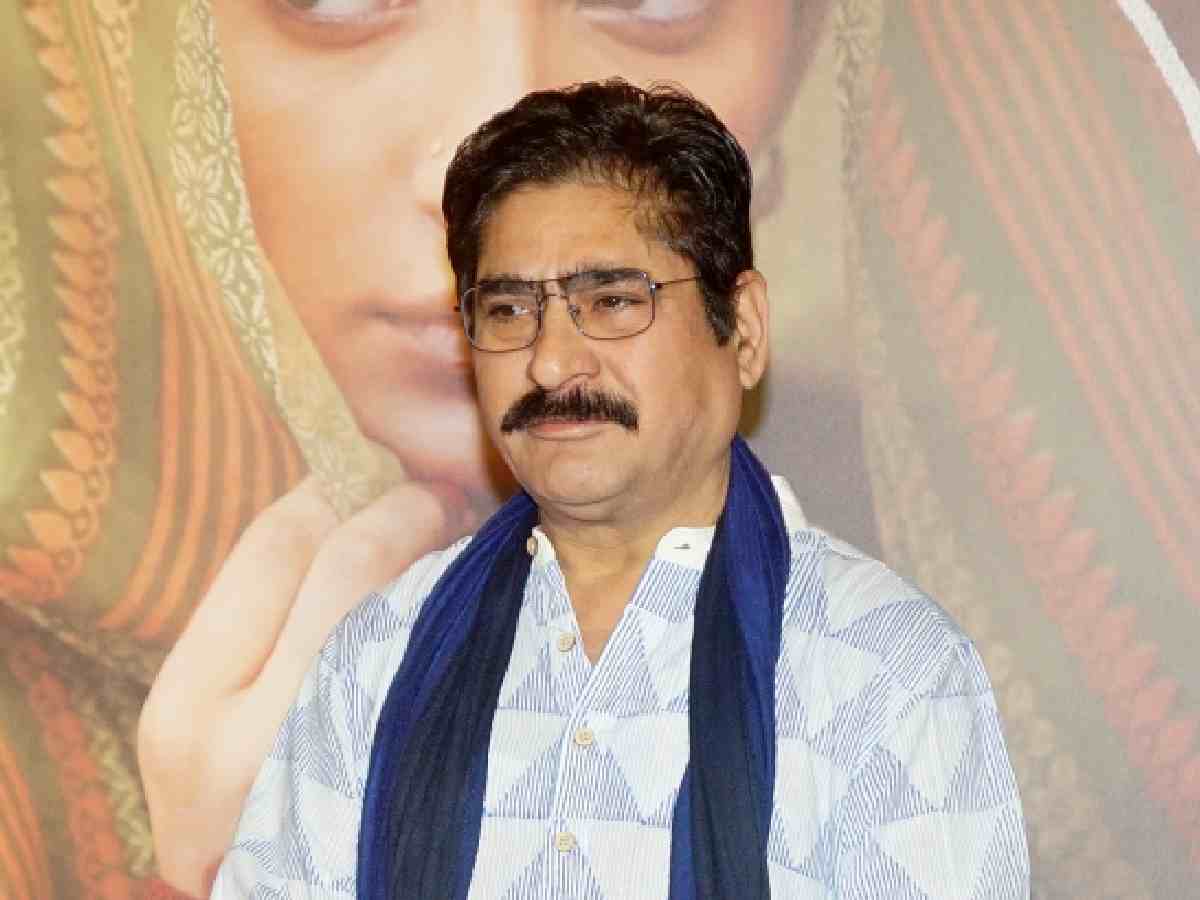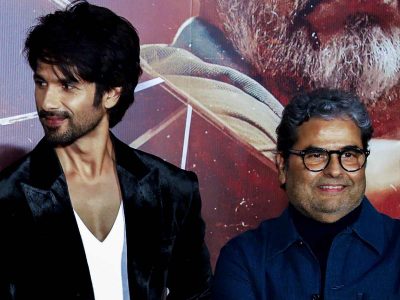Actor Yashpal Sharma said that the National School of Drama (NSD) has shaped him into a better actor.
“I was completely raw when I came from my village and joined NSD in late 1980s. My craft was nourished there, and it helped me become a better actor. We were taught everything at the institute, whether it was the work of a carpenter, lighting, sketching, or skills. We were taught all the basics of life,” Sharma told Patriot in a telephonic interview.
He praised NSD for its excellent facilities.
“I still remember the days spent at the institute whether doing plays or rehearsals. Whether it was sound, costume, library, or other departments, all offered the best facilities but one must have the thirst to take advantage of them. I spent a golden period there,” said Sharma, who graduated from the institute in 1994.
Sharma said he had fond memories of the national capital.
“I used to stay at Laxmi Nagar on rent and I remember crossing the Yamuna Bridge and going for parathas at ITO.”
Also read: Exclusive | Villains seem missing from film industry: Kiran Kumar
The 57-year-old actor said he has been attached to theatre since the beginning of his career.
“In 1989, I ran away from home to watch Naseeruddin Shah’s play in Delhi. Then I spent some four months in Delhi and joined theatre also. During that period, I decided to join the NSD and was selected in my fourth attempt,” he said.
Sharma, who turned director with film Dada Lakhmi, said that he stopped doing theatre for a short period after Covid-19 because he was working on the said film.
“Theatre is what I do most. I will start doing theatre soon again,” he said.
He described getting a role in the film Lagaan as a dream come true.
“I had one scene in Govind Nihalani’s Hazar Chaurasi Ki Maa film but after doing some other films also, I got a role in Lagaan. I could not believe myself as I had a notion that big roles go to big faces in the industry. It was a great experience of working with great actors and director,” said Sharma, who played the character of Lakha in the film.
He emphasised that he is not satisfied with his performances so far.
“I believe that I need to learn and improve more so that the best comes out,” he said.
The National Film Award winner said that Delhi is also offering good work opportunities to young artists.
“There are thousands struggling in Delhi who wish to go Mumbai but they do not know that people are also getting work in Delhi,” he said before adding, “Those who want to join the acting field must learn its basics and ethics. They should not take up roles unless they are sure that they will deliver the best on the screen.”
Sharma highlighted that he is choosy about the work.
“I take up roles that include good script, role, director, and producers and a good cast as well. Fortunately, I have worked with the best directors in the industry,” said Sharma, who has worked in the films like Gangaajal, Apharan, Singh Is Kinng, Aarakshan, Rowdy Rathore, Chandu Champion among others.
The actor who has also made a mark in the Punjabi film industry said that good cinema is missing in Punjabi films.
“They need to produce the films which could be screened in the film festivals,” he said.
Sharma called the film festivals an important part of life.
“Justice needs to be done in these festivals because in many cases the organisers favour their friends’ films and give them awards,” he said before adding quickly, “You get to see exceptional films in the festivals which are not available on YouTube or cinema halls. Festivals should encourage good films, not just big stars.”
Also read: Performing in Delhi toughens you up, it’s the toughest comedy room: Amit Tandon
OTT a boon
He said that OTT platforms have brought a revolution in the industry.
“Lakhs of people are getting work thanks to OTT,” he said.
While discussing cinema halls, the actor who played the role of a don Kuldeep Singh Rana in the TV serial Taarak Mehta Ka Ooltah Chashmah emphasised that there is no substitute for the cinema experience.
“OTT platforms cannot replace it because, in a cinema hall, you immerse yourself in the film in a dark environment. The quality of sound and visuals create a unique atmosphere,” he remarked.
Sharma called regional cinema an important part of life. “Do not underestimate the power of the regional cinema because nowadays one can shoot a film through their mobile phone and edit it also. There is no lack of facilities. Well-known directors of the industry originally came from regional cinema backgrounds,” he concludes.





